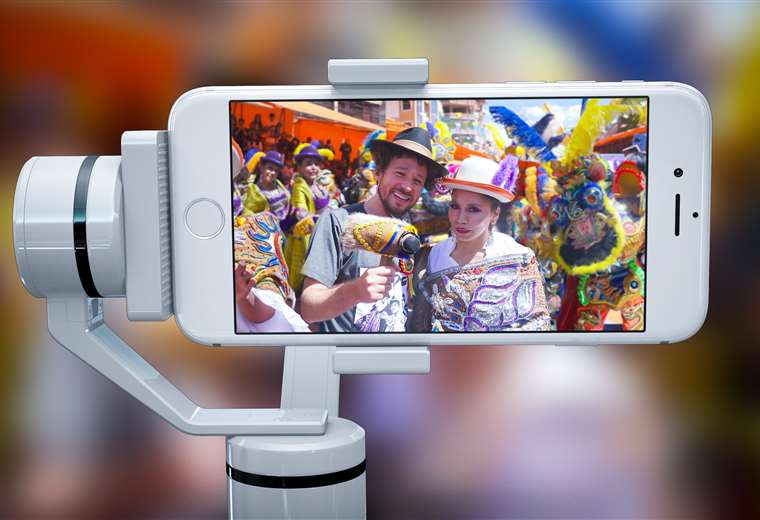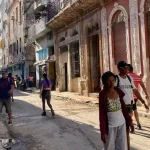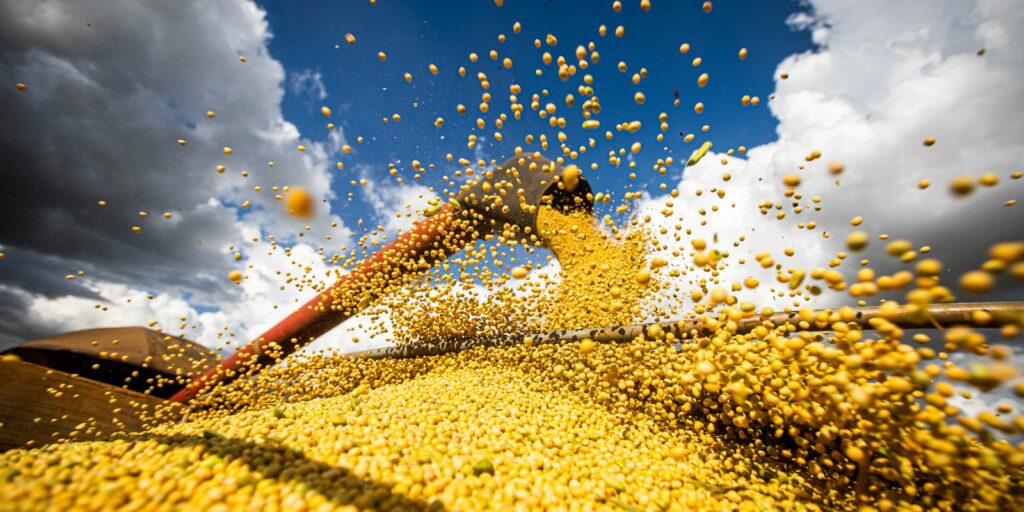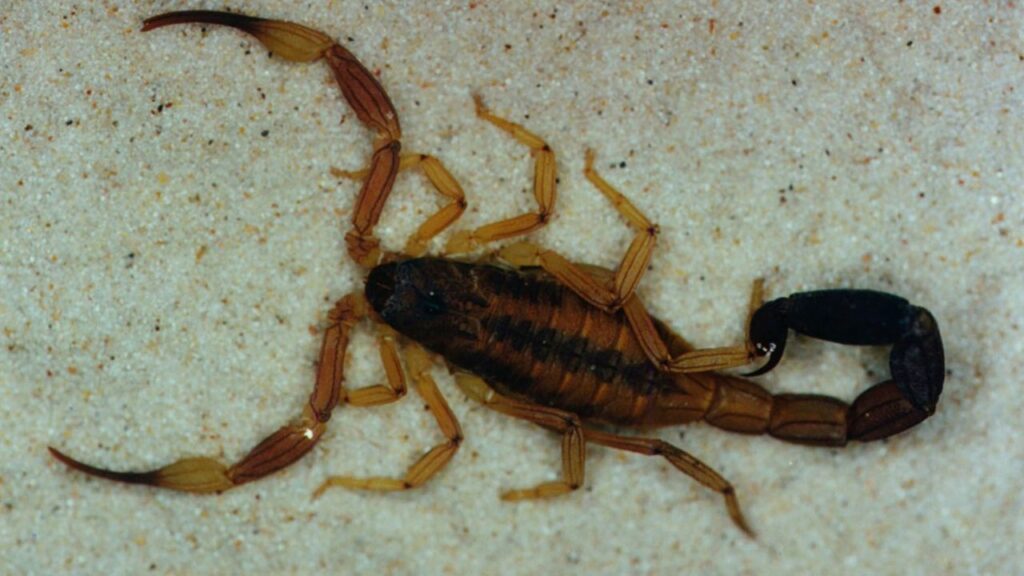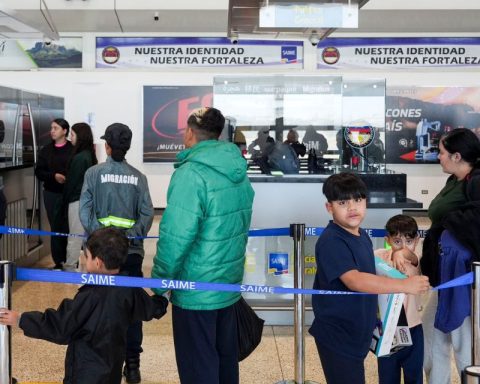March 9, 2023, 10:00 AM
March 9, 2023, 10:00 AM
“The happiest party in Latin America: Oruro Carnival (…). I had the opportunity to document my experience for the unique Oruro Carnival 2023, an experience as magical as it was unique (…) ”, published the Mexican influencer Luisito Comunica on his YouTube account. Days before, he went to the Bolivian city to experience first-hand the national folklore festival.
With 1.9 million visits in just six days, video ranks 18th in trends in the videos category of that platform, without counting other publications by the same influencer on social networks such as Tik Tok and Facebook that had thousands of shares.
The promotion of tourist destinations and activities is no longer the traditional one. The disclosure of destinations through brochures, press conferences of authorities, spots, commercial publications or attending international fairs are in the past.
The new information technologies (ICTs) have allowed an infinity of new dissemination possibilities. Access to mobile devices with an internet connection and full resolution cameras has generated a boom in social networks. They arise this way the influencers what iaffect their communities with millions of followers who contribute to this work.
This is the case of Luisito Comunica, with almost 40 million subscribers and a focus on promoting tourist destinations with an impact on young people. He participated in the most important cultural and tourist activity in the country: the Oruro Carnival Entrance.
How to take advantage of the visit of this character for the tourist promotion of the country? For this, medium and long-term strategies are required so that the inspiration to travel caused by the influencer does not perish over time, says the director of Hospitality and Tourism Administration of the Franz Tamayo University, Unifranz El Alto, Delia Bustillos.
Influencers, covert inductive agents
Javier Rivera, director of the Hospitality and Tourism career at Unifranz Santa Cruz, clarifies that the promotion of a tourist destination occurs through a process of image formation by four agents: the inductive ones, the hidden inductive ones, the autonomous and organic.
“Each one has particular characteristic ways of promoting tourism. inductive agentsfor example, are the first types of agents, ci love hotels, where tourism promotion entities enter, such as the Vice Ministry of Tourism or any tourism promotion entity at the regional or municipal level ”, he indicates.
These actors -according to Rivera- have a purely tourist intention to attract peoplepromoting an idealized image of what tourism is, which makes these types of agents lack veracity for the public.
However, the influencers are within the second category, that is, the covert Inductive Agents, those who promote a place in an indirect way. “What an influencer does is show you a destination, show you their experience in a destination giving you references positive or negative, much closer to reality”.
Hence people trust more in the word of an influencer and not like that of an advertising spot, says the academic. For this reason the influencers they have a broader reach, making the promotion of a place more effective.
“By showing you his actual experience, Many people he will have confidence in what he is telling you and going to wantr go and replicate that kind of experience (…). The fact that influencers reach remote places, that they have originality in their culture and traditions to show you those peculiar experiences is quite positive,” says Rivera.
Seeing the experience lived in a destination, normally exposed by an influencer, is an incentive to discover it
Bolivia faced with the difficulty of exploiting its tourism
Normally it is the same factors, linked to road infrastructure, hotels, flights to the country, state of the airports, language, Bolivian idiosyncrasy or racism, which prevent an adequate tourist promotion of the country.
“There are many points that make our tourism not flourish as we would like despite the great natural and cultural wealth that we have. Another important factor is the participation of the State, the lack of public policies and norms that mean that we cannot better exploit tourism in Bolivia”says Bustillos.
The impact of influencers, based on the generation of content, contributes to the tourism sector, but it is only an impulse that could be diluted over time if aggressive actions are not generated to promote the country by the sector. state public, from allocating a larger budget and making improvements.
Meanwhile, Rivera asserts that need to work in customer service or improve the quality of the service, because “we must work on each of the links so that that quality experience, be more global And the same goes for training all those people who are going to be in direct contact with the tourist”.
Agents or influencers are people who, after a trip, share their first-hand experience which, for the reader or public, constitutes the best reference of what a tourist destination is like.
“Receiving more tourists thanks to the references of someone who has already visited the country is gratifying, but that will not be achieved if we do not work on everything necessary to have the basic infrastructure, a tourist culture and work under the notions of quality of service. care and customer service. That is what we really lack (…)”, concludes Rivera.
